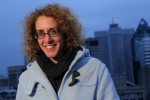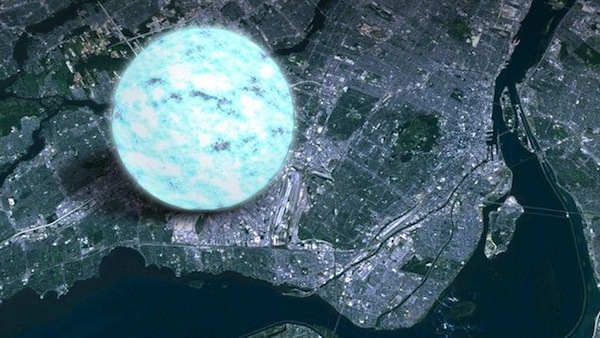On April 20, the Simon Fraser Student Society (SFSS) voted in favour of boycott, divestment and sanctions (BDS) against Israel. The motion is in support of Palestinian liberation, which it defines as resistance against Israeli “settler-colonialism” and the occupation of historic Palestine – including the West Bank, Gaza and the present-day state of Israel.
The Hillel chapter at SFU issued a statement on April 20 denouncing the motion.
“Evidently, this motion, and the student council standing in support of it are not concerned with the safety of Jewish students on SFU campus,” reads the statement. “The adoption of the policy, which passed unanimously this evening, and which violates SFU, provincial and federal law, sets a dangerous precedent for Jewish safety, freedom of association and political mobilization on campus.”
The day after the SFSS vote, another campus group also voted on a motion related to debates over Israel.
On April 21, more than 60% of the Queen’s University Faculty Association (QUFA) voted in favour of a motion that opposed the adoption of the working definition of antisemitism from the International Holocaust Remembrance Alliance (IHRA).
The IHRA working definition of antisemitism was adopted in May 2016, and states that antisemitism is “a certain perception of Jews, which may be expressed as hatred toward Jews. Rhetorical and physical manifestations of antisemitism are directed toward Jewish or non-Jewish individuals and/or their property, toward Jewish community institutions and religious facilities.”
The document also lists many examples that could fall into the broader definition of antisemitism. Among the examples are statements about Jewish people and Israel, including “denying the Jewish people their right to self-determination, e.g., by claiming that the existence of a state of Israel is a racist endeavour.”
According to the QUFA motion, this definition threatens academic freedom and intersectional anti-racist and decolonial initiatives.
“The IHRA definition of antisemitism misconstrues antisemitism to include a broad range of criticism of the state of Israel, particularly targeting
decolonial and anti-racist critiques of the policies, structures and practices of Israel,” the motion reads. “Such targeted attacks, which primarily impact racialized faculty and students, will have a negative effect on the academic freedom of our members in the classroom, in their research and in campus politics more broadly.”
Jordan Morelli, QUFA president, said in an email that the motion was brought forward by individual members of the association, as is their right according to the association’s democratic processes. He also said the vote itself was preceded by a balanced discussion in which everybody who wanted to speak was given the opportunity to do so. Morelli further added that Queen’s recently revised policy on harassment and discrimination defines antisemitism in a manner consistent with the Ontario Human Rights Code policies, and that other faculty organizations at other schools, as well as at federal and provincial levels, have expressed similar concerns with the IHRA definition of antisemitism.
Before the vote, Queen’s Hillel published an open letter signed by more than 1,600 people – current Jewish and non-Jewish students, alumni, family members and community members – asking the faculty to vote against the motion.
“This statement contributes to the erasure of Jewish history, religiosity and values. To exclude the Jewish community from impacted ‘racialized faculty and students’ does harm to multi-racial, long-established Jewish communities. It overwrites our lived reality of centuries of constant displacement, colonization, conquest and migration,” the letter reads.
The letter also says that the fears about restricting criticism of Israel and academic freedom do not follow from a “fair” reading of the definition, as Israel is not mentioned in the definition itself, but only in the follow-up examples of what may constitute antisemitism. The letter also questioned why it does not fall to Jewish groups to define their own oppression.
“It is our understanding that a fundamental principle of anti-oppression work is allowing affected communities to define their own oppression,” reads the letter. “It is not the place of any organization external to our community…. It is the Jewish community, and the Jewish community alone, who get to decide this. This double-standard is antisemitic.”
The Hillel letter did note that some of the faculty who proposed the motion are Jewish, but said their views are out-of-sync with the vast majority of Canadian Jews.
After the motion passed, Queen’s Hillel published a statement that said they were “deeply saddened,” called the vote “an utter disgrace,” especially because no actionable steps were suggested in the motion to combat growing antisemitism on campus. However, the statement also said they were “immensely proud” of the support shown across the community.
At McGill, a similar motion in support of Palestinian solidarity that was passed by more than 70% of the Students’ Society of McGill University (SSMU) was not ratified by SSMU’s board of governors. In a statement published on April 22, the board said they could not adopt the policy because it contravened numerous SSMU governing documents, including its constitution, equity policy and Quebec law.
The original version of this article was published by The CJN. For more national Jewish news, visit thecjn.ca.



